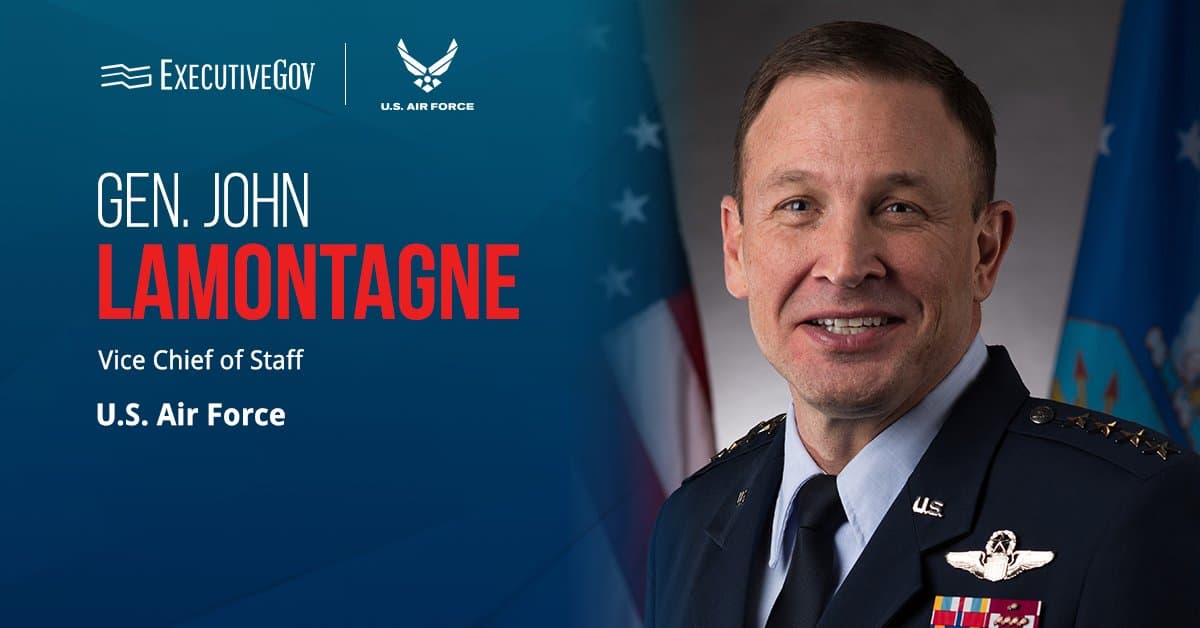
NASA will still lift off the Space Launch System by 2020 if the vehicle’s core stage is completed within this year and tests go according to schedule, Space News reported Wednesday. The space agency intends to retain the 2020 launch schedule amid static-fire test plans for SLS’ core stage.
NASA must complete the potential test within six months or less, according to Bill Hill, NASA’s deputy associate administrator for exploration systems development. He said at a NASA Advisory Council meeting that the agency hasn’t decided on what type of test to use for the rocket.
One recommendation is to conduct a “green run” wherein the core stage will ignite for eight minutes with RS-25 rockets on a test stand. Hill said the green run would be shortened to accommodate the targeted schedule, and NASA may need to extend worker shifts as a result.





